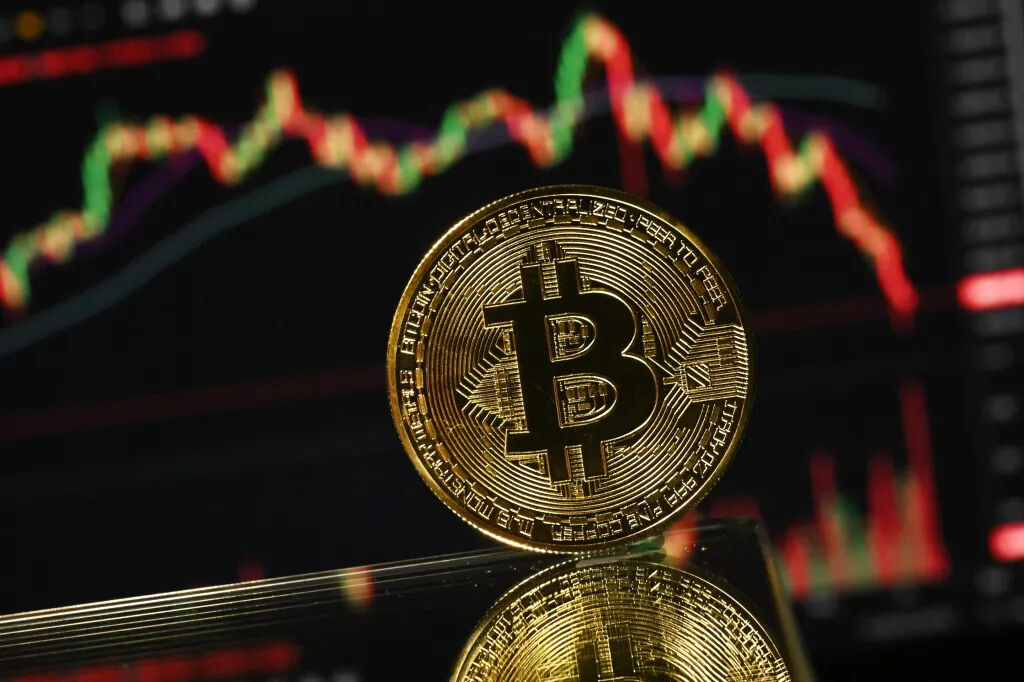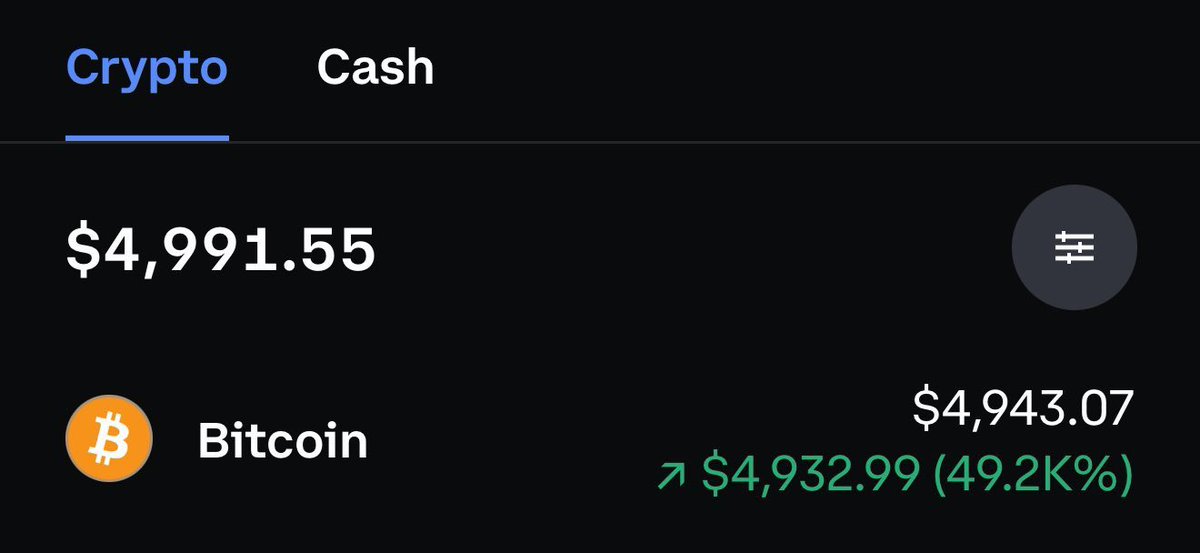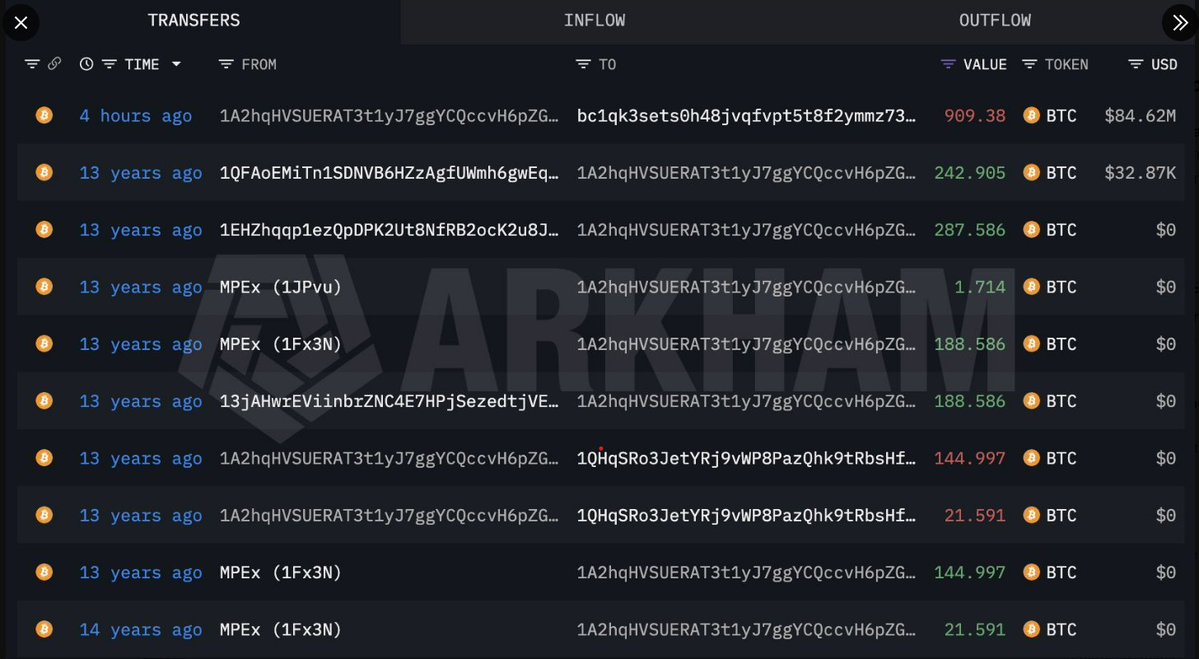Topic Background

TheCryptoBasic
Crypto Newbie
01-20 23:11
#Bitcoin Wallet Revived After Over a Decade of Inactivity, Value Soars 13,900 Times
A wallet that has existed since the inception of the Bitcoin network has become active again after more than a decade of inactivity, transferring its entire balance to a new address.
On-chain analysis by Arkham Intelligence shows that the wallet first received Bitcoin in 2013, when Bitcoin was still in its early stages of adoption and priced at around $7. For the next 13 years, the address remained inactive.
This week, the wallet transferred its entire balance of 909.38 bitcoins (approximately $84.6 million) to a newly created Bitcoin address. Despite the large transaction amount, the target address does not appear to be associated with any known exchanges.
The wallet's history also highlights Bitcoin's extraordinary long-term price performance. Its initial holdings of Bitcoin were worth approximately $6,400 in 2013, and over the past 13 years, their value has increased dramatically.
In comparison, a similar investment in a low-cost S&P 500 index fund would currently be worth approximately $37,000, representing a 481% increase. Meanwhile, gold, a traditional store of value, saw its price increase by approximately 150% during the same period. Overall, Bitcoin's growth (approximately 13,900 times) highlights its astonishing scale.


Hash expert
Crypto Newbie
01-20 19:42
Due to a US holiday yesterday, @TheBlock__'s Asia conference schedule was exceptionally busy. Here are a few important updates you might have missed:
🌍 Coinbase CEO @brian_armstrong stated he will discuss the US market structure bill with bank executives at the World Economic Forum.
🐳 A Bitcoin wallet, dormant for 13 years, has been reactivated, transferring $85 million worth of Bitcoin.
⛽️ @Pumpfun launched "Pump Fund," a new investment arm focused on startups within its ecosystem.
📊 @megaeth announced it will conduct stress tests on its mainnet prior to its official launch, aiming to process 11 billion transactions in seven days.
🇭🇰 The Hong Kong Securities and Futures Professionals Association criticized some key provisions in Hong Kong's proposed virtual asset management rules, warning that these provisions could hinder traditional asset management firms from investing in cryptocurrencies.
⚠️ A vulnerability was discovered on the @makinafi platform, which used a $280 million USDC flash loan to steal approximately $5 million from a stablecoin pool.
Thanks to @ParkKunwoong, @timmyhmshen, and @DangaWrites for providing the tip.

CryptoPotato Official
meme玩家
01-20 18:14
🛎️ Dormant Bitcoin Wallet Transfers 909 Bitcoins
A @Bitcoin address that had been idle for approximately 13 years has just transferred 909 bitcoins (worth approximately $85 million as of press time) to a new address. On-chain trackers show that these bitcoins were accumulated between 2012 and 2013, when Bitcoin was trading at a price between tens and hundreds of dollars.


Vivek⚡️
Crypto Newbie
01-20 07:42
Tom Lee, speaking on live television, predicted a bull market:
"The golden age of cryptocurrency is definitely yet to come, because right now there are only 4 million Bitcoin wallets with $10,000."
"Globally, there are 900 million IRAs (Individual Retirement Accounts) and securities accounts with $10,000."
"That's a 200-fold market size."

Crypto Tony
Crypto Newbie
01-16 05:09
My Bitcoin wallet from 2013. Initial investment: $10.
Oh my god.








